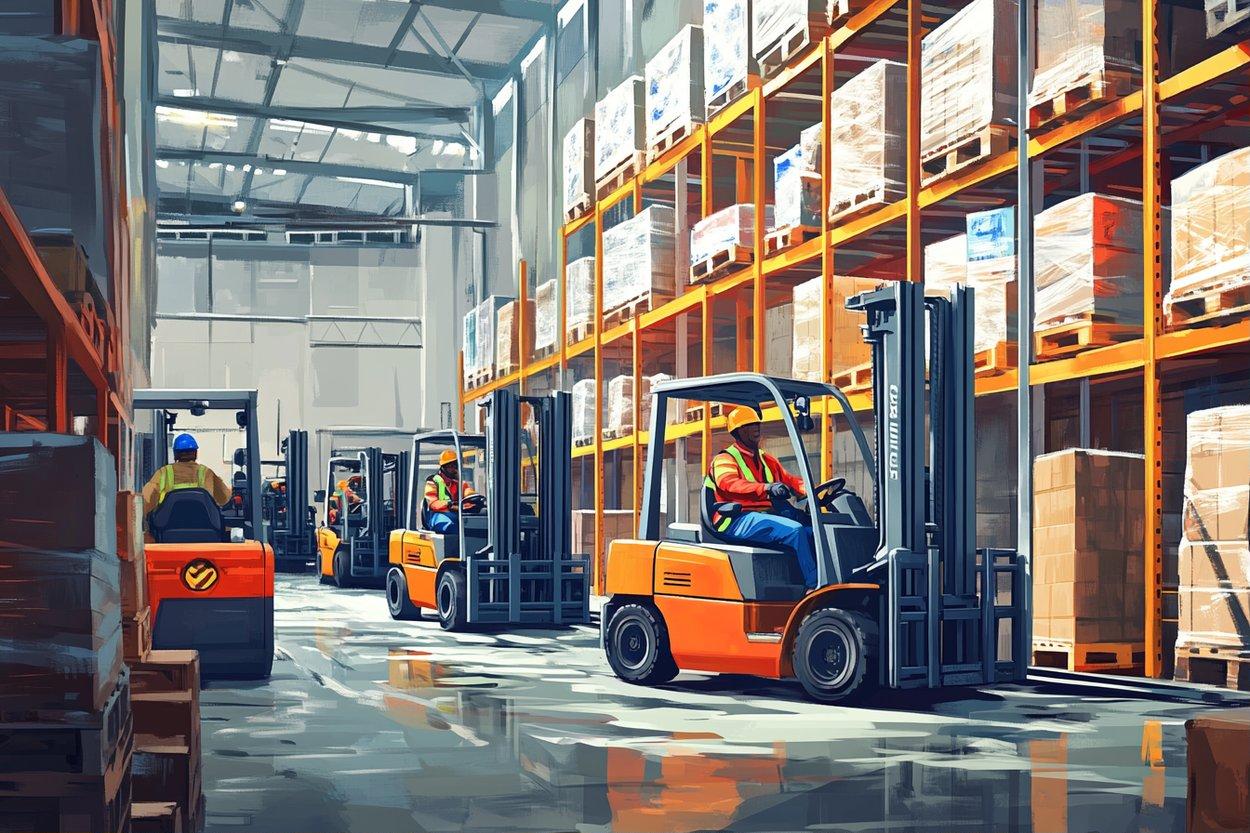Packing Jobs: Exploring Opportunities in Warehouse and Food Packaging
The world of packing jobs offers diverse opportunities for those seeking employment in the logistics and food industries. From warehouse operations to food packaging, these roles play a crucial part in ensuring products reach consumers safely and efficiently. This article delves into the various aspects of packing jobs, including the skills required, work environments, and potential career paths.

In addition to packing, warehouse workers often assist with inventory management, using software systems to track stock levels and product locations. They may also be involved in loading and unloading trucks, operating forklifts, and maintaining a clean and organized warehouse environment.
How does food packaging differ from general warehouse packing?
Food packaging jobs come with unique challenges and responsibilities due to the nature of the products being handled. Workers in this field must adhere to strict food safety regulations and maintain high standards of hygiene. This often involves wearing protective gear such as hairnets, gloves, and specialized clothing to prevent contamination.
Food packaging roles may include tasks such as portioning products, sealing containers, and applying labels with nutritional information and expiration dates. Workers must be vigilant in identifying any potential quality issues and follow proper procedures for handling and storing perishable goods.
What skills and qualifications are needed for packing jobs?
While many packing jobs don’t require formal education beyond a high school diploma, certain skills and qualities are essential for success in these roles:
-
Attention to detail: Accurately packing and labeling items is crucial to avoid shipping errors and product damage.
-
Physical stamina: Packing jobs often involve standing for long periods and lifting heavy items.
-
Time management: Meeting production quotas and deadlines is a common requirement in packing roles.
-
Basic math skills: Workers may need to count items, measure materials, or calculate weights.
-
Teamwork: Many packing jobs involve collaborating with colleagues to meet shared goals.
-
Familiarity with technology: Knowledge of inventory management software and computerized tracking systems is increasingly important.
For food packaging jobs, additional qualifications such as food safety certifications or knowledge of HACCP (Hazard Analysis Critical Control Point) principles may be required.
How does software play a role in modern packing operations?
In today’s fast-paced logistics environment, software plays a crucial role in streamlining packing operations. Warehouse Management Systems (WMS) and Enterprise Resource Planning (ERP) software help coordinate various aspects of the packing process, from inventory tracking to order fulfillment.
These systems often integrate with handheld scanners and mobile devices, allowing workers to quickly locate items, update stock levels, and process orders. Advanced software may also optimize packing strategies, suggesting the most efficient way to pack items based on size, weight, and destination.
For food packaging operations, specialized software may be used to ensure compliance with labeling regulations, track product batches for quality control, and manage expiration dates.
What are the storage considerations in packing and packaging roles?
Efficient storage is a critical aspect of both warehouse and food packaging operations. In general warehouse settings, workers must be familiar with various storage systems, such as pallet racking, shelving units, and automated storage and retrieval systems (AS/RS). Understanding proper stacking techniques and weight distribution is essential for maintaining a safe and organized storage area.
Food packaging roles often involve more specialized storage requirements. Temperature-controlled environments, such as refrigerated or frozen storage areas, are common in food packaging facilities. Workers must be knowledgeable about proper storage temperatures for different types of food products and follow strict rotation policies to ensure freshness.
In both settings, proper labeling and organization of storage areas are crucial for efficient retrieval and inventory management. Workers may use barcode systems or RFID technology to track items as they move through the storage and packing process.
What career advancement opportunities exist in packing jobs?
While entry-level packing jobs may start with basic responsibilities, there are often opportunities for career growth within the industry. With experience and additional training, workers may advance to supervisory roles, overseeing teams of packers or entire shift operations.
Some potential career paths include:
-
Team Leader or Shift Supervisor
-
Quality Control Specialist
-
Logistics Coordinator
-
Warehouse Manager
-
Supply Chain Analyst
-
Packaging Designer
Many companies offer on-the-job training and may support employees in obtaining relevant certifications or further education. As the logistics and food packaging industries continue to evolve with new technologies and regulations, there is an ongoing need for skilled professionals who can adapt and grow with the field.
Packing jobs, whether in warehouse settings or food packaging facilities, offer stable employment opportunities with room for growth. As the global supply chain continues to expand and evolve, the demand for skilled workers in these roles is likely to remain strong, making it a viable career option for those interested in the logistics and food industries.






